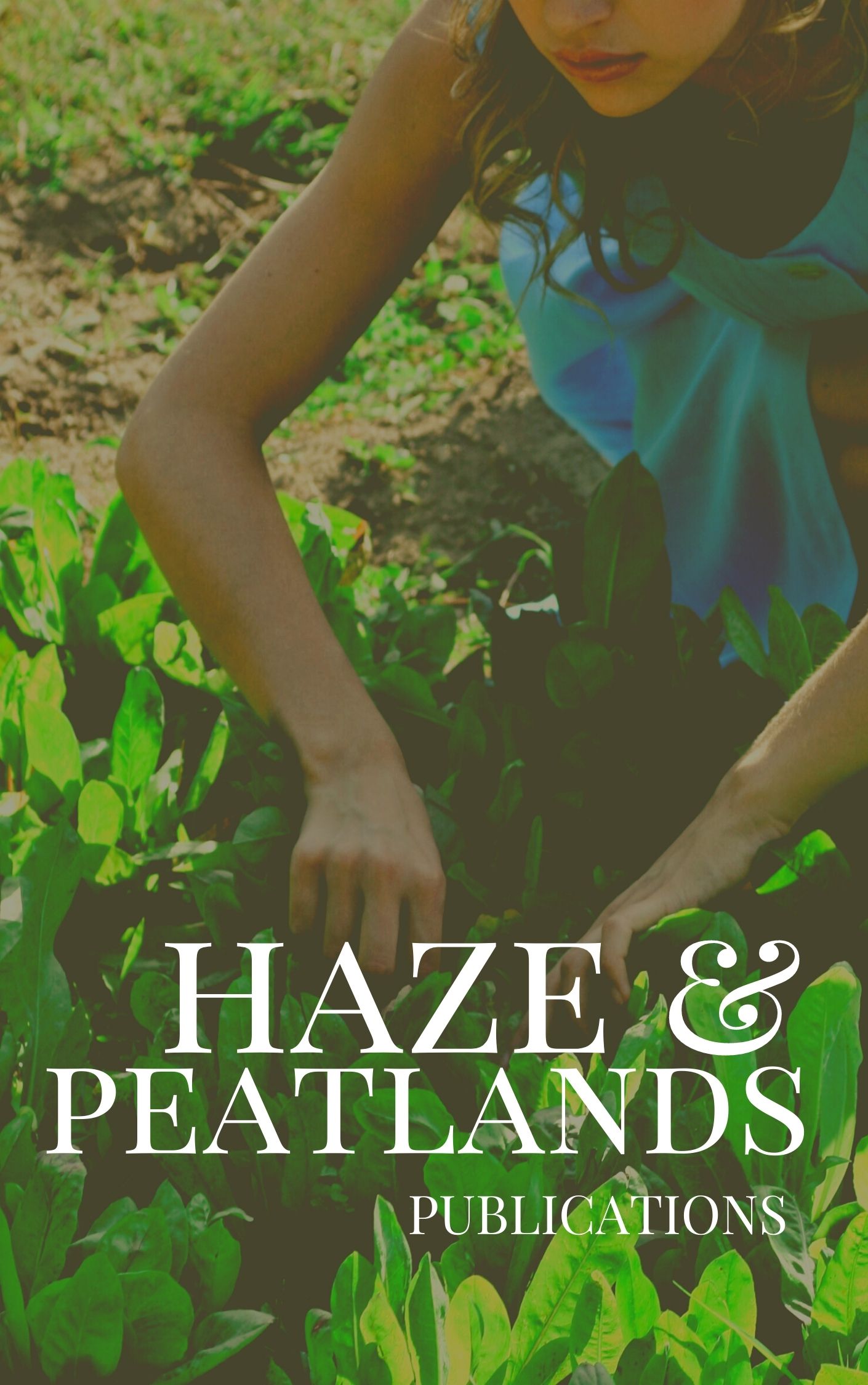Keyword(s)
air pollution, bioenergy, biogas, biomass, byproducts, charcoal, coconut oil, coconut products, coconuts, communities, community forestry, composts, condensation, crop production, drying, energy, fermentation, fertilizers, forests, fuelwood, gasification, logging, logs, marketing, markets, natural resources, oil palms, organic fertilizers, palm oils, plant oils, plantations, pollution, raw materials, renewable energy, residues, rice, rural areas, rural communities, sawdust, seed oils, seeds, shells, smoke, wastes, Indonesia, Cocos nucifera, Elaeis, Hevea brasiliensis, Oryza, Cocos, Arecaceae, Arecales, monocotyledons, angiosperms, Spermatophyta, plants, eukaryotes, Hevea, Euphorbiaceae, Euphorbiales, dicotyledons, Poaceae, Cyperales, APEC countries, ASEAN Countries, Developing Countries, South East Asia, Asia, atmospheric pollution, environmental pollution, fertilisers, firewood, paddy, timber extraction, timber harvesting, vegetable oils, wood vinegar, Energy (PP100), Agroforestry and Multipurpose Trees, Community, Farm and Social Forestry (KK600), Community Participation and Development (UU450) (New March 2000), Fertilizers and other Amendments (JJ700), Plant Production (FF100), Forests and Forest Trees (Biology and Ecology) (KK100), Wood Properties, Damage and Preservation (KK510), Logging and Wood Processing (KK515), Marketing and Distribution (EE700), Natural Resources (General) (PP000), Pollution and Degradation (PP600), Input Supply Industries (Macroeconomics) (EE140), Plant Wastes (XX200), Fermentation Technology and Industrial Microbiology (WW500) (New June 2002), Non-wood Forest Products (KK540), Chemical and Biological Processing of Wood (KK530), Horticultural Crops (FF003) (New March 2000), Natural Resource Economics (EE115) (New March 2000), Field Crops (FF005) (New March 2000), Rural Sociology (UU800) (New March 2000), Social Psychology and Social Anthropology (UU485) (New March 2000)

